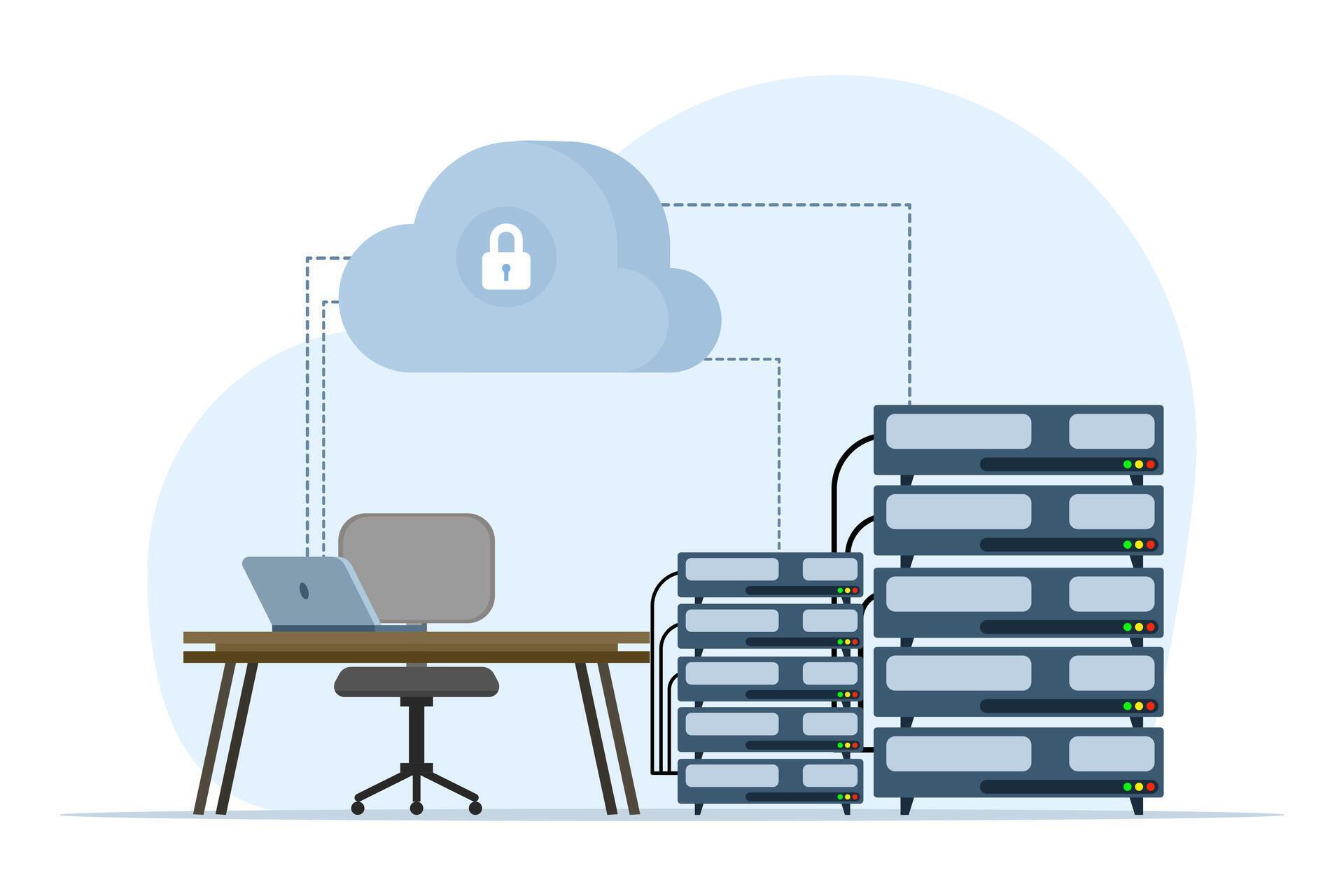Networking
Network Infrastructure Services
Network Infrastructure Services offered by Infraconx encompass a comprehensive array of cutting-edge technologies and solutions meticulously designed to ensure robust, secure, and efficient communication across an organization’s entire network. These services include both wired and wireless network infrastructures, providing the physical and wireless connectivity needed for seamless data transmission. Network security services are integral to protecting the integrity, confidentiality, and availability of network resources, implementing advanced measures to defend against cyber threats and unauthorized access. Cloud-based network services leverage the scalability and flexibility of cloud computing to deliver networking functionalities and resources on demand, optimizing resource utilization and enhancing accessibility. Network management services involve the continuous monitoring, management, and optimization of network performance, ensuring that the network operates reliably and efficiently. Each of these components offers unique benefits that collectively enhance operational capabilities, improve overall network performance, and support the dynamic needs of modern businesses. By integrating these diverse technologies, organizations can build a resilient, adaptive, and secure network infrastructure that fosters innovation and drives business growth in an increasingly interconnected world.
Wired Network Infrastructure
Wired network infrastructure refers to the use of physical cables, such as Ethernet cables, to establish connections and transmit data between various devices within an organization’s network. This type of infrastructure provides a stable, high-speed network environment that is essential for ensuring reliable communication and data transfer.
High reliability: Wired connections offer consistent and stable connectivity with minimal interference, ensuring uninterrupted communication and data transfer.
Faster speeds: Physical cables provide higher bandwidth capabilities, enabling faster data transfers and supporting bandwidth-intensive applications.
Enhanced security: The use of physical connections reduces the risk of unauthorized access, as it is more challenging for external parties to intercept data.
Lower latency: Wired networks offer optimal performance with minimal latency, making them ideal for real-time applications and services that require quick response times.
Durability: The infrastructure of physical cables is long-lasting and requires minimal maintenance, ensuring a reliable network over time.

Wireless Network Infrastructure
Wireless network infrastructure utilizes Wi-Fi technology to allow devices to connect and communicate without the need for physical cables. This infrastructure offers flexibility and convenience, enabling users to connect from various locations within the network’s coverage area.

Mobility: Wireless networks enable users to connect and access network resources from different locations, providing the freedom to move around without being restricted by physical cables.
Ease of installation: Setting up a wireless network is less labor-intensive and time-consuming compared to installing extensive cabling, leading to reduced setup time and costs.
Scalability: Wireless networks can be easily expanded by adding new access points and devices, allowing organizations to grow their network as needed without significant infrastructure changes.
Flexibility: Wireless networks support a wide range of devices, including laptops, smartphones, tablets, and IoT devices, providing seamless connectivity for various applications.
Cost-effective: Wireless networks reduce the need for physical infrastructure, such as cables and conduits, leading to lower overall installation and maintenance costs.
Network Security Services
Network security services encompass a comprehensive range of measures and technologies designed to protect the integrity, confidentiality, and availability of an organization’s network and data from threats and vulnerabilities.
Threat protection: Network security services provide robust defenses against various cyber threats, including malware, ransomware, phishing attacks, and other malicious activities, ensuring the safety of the network.
Data integrity: These services ensure that data remains accurate, consistent, and unaltered during transmission, preventing unauthorized modifications and maintaining the integrity of sensitive information.
Access control: Network security measures implement strict access controls to restrict unauthorized access to network resources, safeguarding critical data and applications from potential breaches.
Compliance: Network security services help organizations comply with regulatory and industry standards, ensuring that they meet legal requirements and avoid potential fines and penalties.
Incident response: These services provide mechanisms for detecting, responding to, and mitigating security incidents, minimizing the impact of breaches and facilitating swift recovery.

Cloud-Based Network Services
Cloud-based network services leverage cloud infrastructure to deliver networking functionalities and resources on demand, offering businesses scalability, flexibility, and cost-efficiency in managing their network operations.

Scalability: Cloud-based network services allow organizations to easily adjust network resources to meet changing demands, ensuring that the network can scale up or down as needed without significant infrastructure investments.
Cost savings: Pay-as-you-go pricing models enable businesses to reduce capital expenditures by only paying for the resources they actually use, leading to cost savings.
Accessibility: Cloud-based network services can be accessed from anywhere with an internet connection, enabling remote work, collaboration, and access to network resources from various locations.
Reliability: Cloud providers offer high availability and robust disaster recovery options, ensuring continuous service and data protection, even in the event of hardware failures or other disruptions.
Innovation: Cloud-based network services provide access to advanced networking technologies and frequent updates, allowing organizations to stay competitive and leverage the latest innovations.
Network Management Services
Network management services involve the monitoring, management, and optimization of network performance to ensure efficient and reliable operation, as well as to proactively address any issues that may arise.
Proactive monitoring: Network management services offer continuous monitoring of network performance, identifying and resolving issues before they impact users, ensuring a smooth and uninterrupted network experience.
Performance optimization: These services optimize network speed, reliability, and overall performance by efficiently managing network resources and addressing any bottlenecks or inefficiencies.
Resource management: Network management services ensure efficient allocation and utilization of network resources, meeting demand and preventing resource wastage.
Scalability: Organizations can easily expand or reconfigure their networks to support growth and changing requirements, ensuring that the network can adapt to evolving business needs.
Compliance: Network management services help maintain adherence to regulatory and industry standards, ensuring that the network infrastructure meets all necessary compliance requirements.







